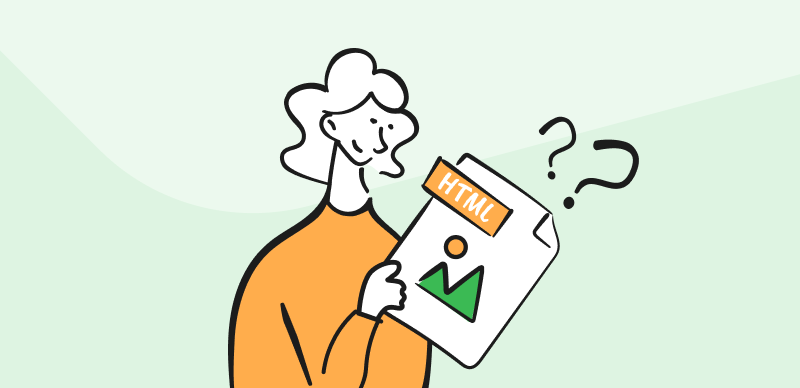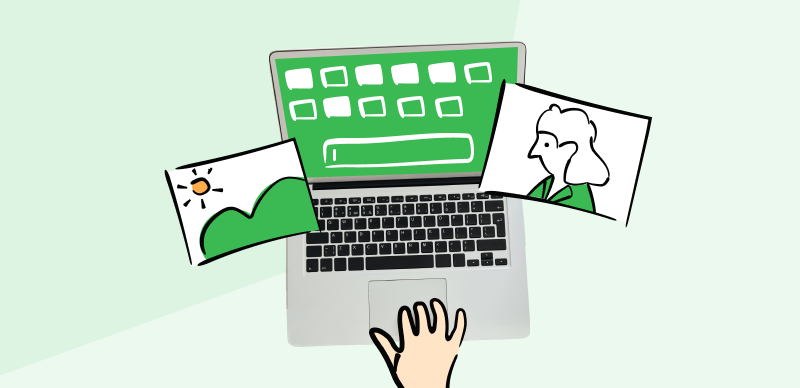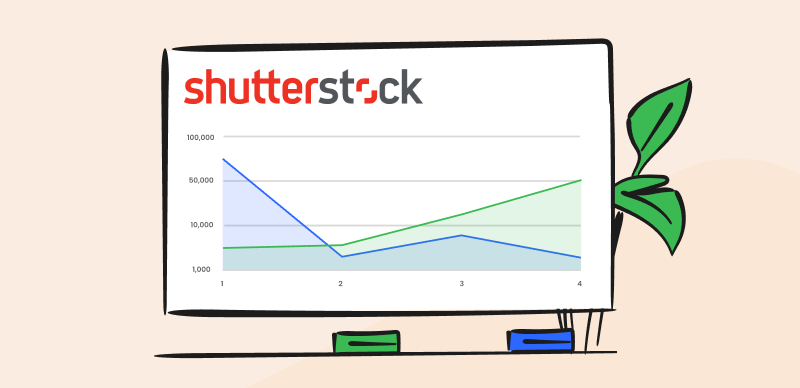All social media platforms have a visual dimension, but with Pinterest images are central to the website’s identity and purpose. After all, this popular platform aims to motivate users to create and share ideas, and photos, illustrations, and GIF’s are virtually everywhere to be found. It’s no surprise that some users come to the idea ‘Can I use images from Pinterest on my website?’
It may be tempting to borrow some of those ideas and use images from Pinterest for private or business purposes, but before you do something of this kind you should be aware of the legal ramifications. Most images on this website are owned by their authors, who may not be happy to see their pictures posted on a third-party website without their permission. That’s why you may have to seek explicit approval before you copy any of the content from Pinterest that you find worth replicating in a different context.
Also Read: Best Website Screenshot Software >
Understanding Pinterest’s Copyright Policies
Since Pinterest depends on its users to voluntarily provide content, it has policies in place governing who can take credit for a certain image and how images found on the website may be used. Most importantly, international copyright law is strictly respected and image creators retain full control over their content, both within the platform and outside of it. In other words, taking images from Pinterest is no more legal than taking a painting from a museum or copying a Coca-Cola logo.
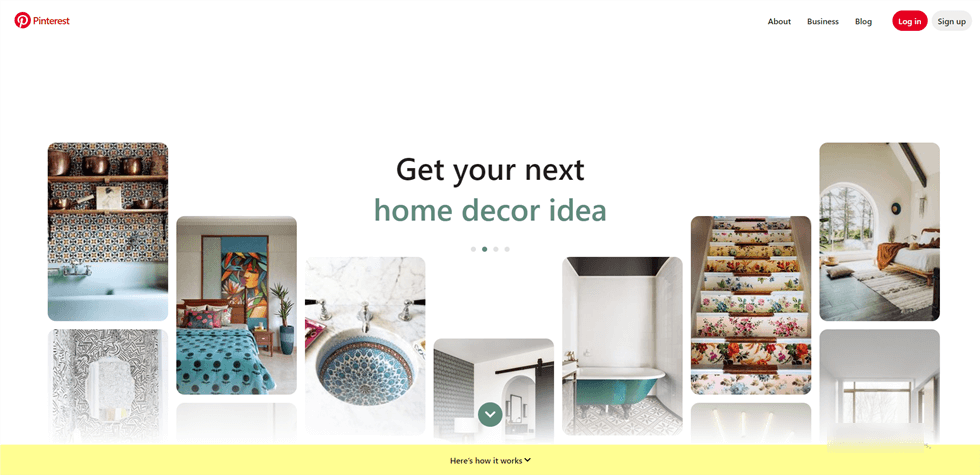
Pinterest Overview
Users are not even allowed to re-pin images on their own boards without explicit agreement with the author, let alone use the images for their own outside projects. This policy is strictly enforced and users caught plagiarizing others are harshly penalized or even excluded from the platform for repeated offenses. Commercial use of Pinterest images on your own website can’t be directly punished by the platform, but if discovered it could lead to a legal dispute and a loss of relevance on Google. That’s why it’s best to rely only on legal means when you want to utilize visuals from this platform.
Copyright Tips for Using Images on Pinterest
Unfortunately, all those amazing pictures from Pinterest are intellectual property that belongs to its authors, so it’s not permitted to just pick them up and utilize them as you see fit. If you would like to use some of those visuals without breaking the rules, you will need to secure approval from the author. That won’t be easy, but if you play your cards right and get a little lucky you might succeed. Here are some tried-and-true tactics that could lead to this outcome.
Find out who owns the copyright of the image
Practically every image you see on Pinterest is covered by copyright, but it may not always be immediately clear who the author is. People sometimes pin images created by others (illegally), and if you are not paying attention you might come to the conclusion that the poster actually owns the rights. With some research, you should be able to ascertain who originally contributed the image, and with this information, you can start plotting how to receive their permission.
Always ask the author before using the image
Regardless of how well-established the image author is and why they uploaded the image to Pinterest, they won’t be happy about unauthorized copying of their content, to say the least. To have any chance of using the image legally, it’s essential to get in touch with the copyright owner directly and communicate your intentions. Fortunately, this is not very hard to do on Pinterest, which is also a networking platform that includes a messaging system. This may be easier to do if you have a strong profile on the network and frequently post interesting things.
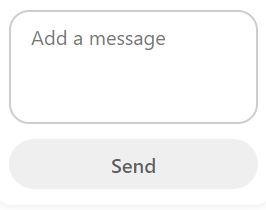
Ask the Author for using Image
Offer to give credit in exchange for free use of an image
Artists that are still trying to make a name for themselves might be interested in leasing their images for free if there is a chance they will get visibility and recognition out of the deal. The least you can offer is to publicly give credit to the author and include a link on your website that leads to his portfolio. This could be a win-win situation that benefits both sides and opens a legal avenue to use artwork from Pinterest for your needs. However, you might be limited to inexperienced image creators.
Be prepared to pay for artwork you really like
Money opens all doors, so if you are really head over heels for a piece of visual art you shouldn’t hesitate to buy it. Most image authors on Pinterest are up-and-coming artists and the prices for their images are often quite reasonable. Purchasing images directly from them could be a more affordable way to acquire high-level photos or illustrations than going to stock websites or hiring local photographers for custom shoots. Of course, everything is negotiable so you might have to talk to a few artists to find a bargain you like.
Try to establish ongoing collaboration with your favorite artists
Perhaps the most viable way to consistently draw content from Pinterest is to recruit your team of talented visual artists and collaborate with them over a longer period. Depending on the nature of your website and the potential for cross-promotion, some authors might be motivated to give you great conditions. This is a long-term approach that could pay off handsomely for all involved parties, but it requires patience, vision, and a lot of networking efforts.
FAQs about Using Pinterest Images Legally
Do image authors give up their copyright by posting the pictures on Pinterest?
This is absolutely not true – the authors retain full rights over their work and no one else can utilize it without their explicit consent. The images are displayed on Pinterest for viewing and commenting only, and even though it’s not hard to download them it’s prohibited to replicate them anywhere.
Can I suffer legal consequences if I use Pinterest images on my site without telling anyone?
Depending on the gravity and frequency of your transgressions, it’s more than possible that image owners will take legal action to protect their interests. That can cause serious financial and reputational damage for the offenders, so it’s best to avoid using any images from Pinterest without full awareness of their copyright status.
Can Pinterest be a legitimate source of professional images to present on my website?
As a platform that is primarily dedicated to visual communications, Pinterest is one of the best websites to search for inspiration and content. However, it’s important to adhere to terms and conditions of the platform and respect copyright ownership for every image you consider adding to your site.
Final Words
Pinterest is full of amazing images, some of which would look great on your website. Before you try putting them on your homepage (or anywhere else, for that matter), you need to stop and think how to do it legally. The consequences of using images without authorization from their rightful owners could potentially be quite severe, so contacting the authors is a much better alternative. With some luck, you might be able to gain access to incredible pictures without having to spend a huge sum. That’s why it’s wise to always keep Pinterest among your open tabs and frequently interact with talented content creators you meet there.

